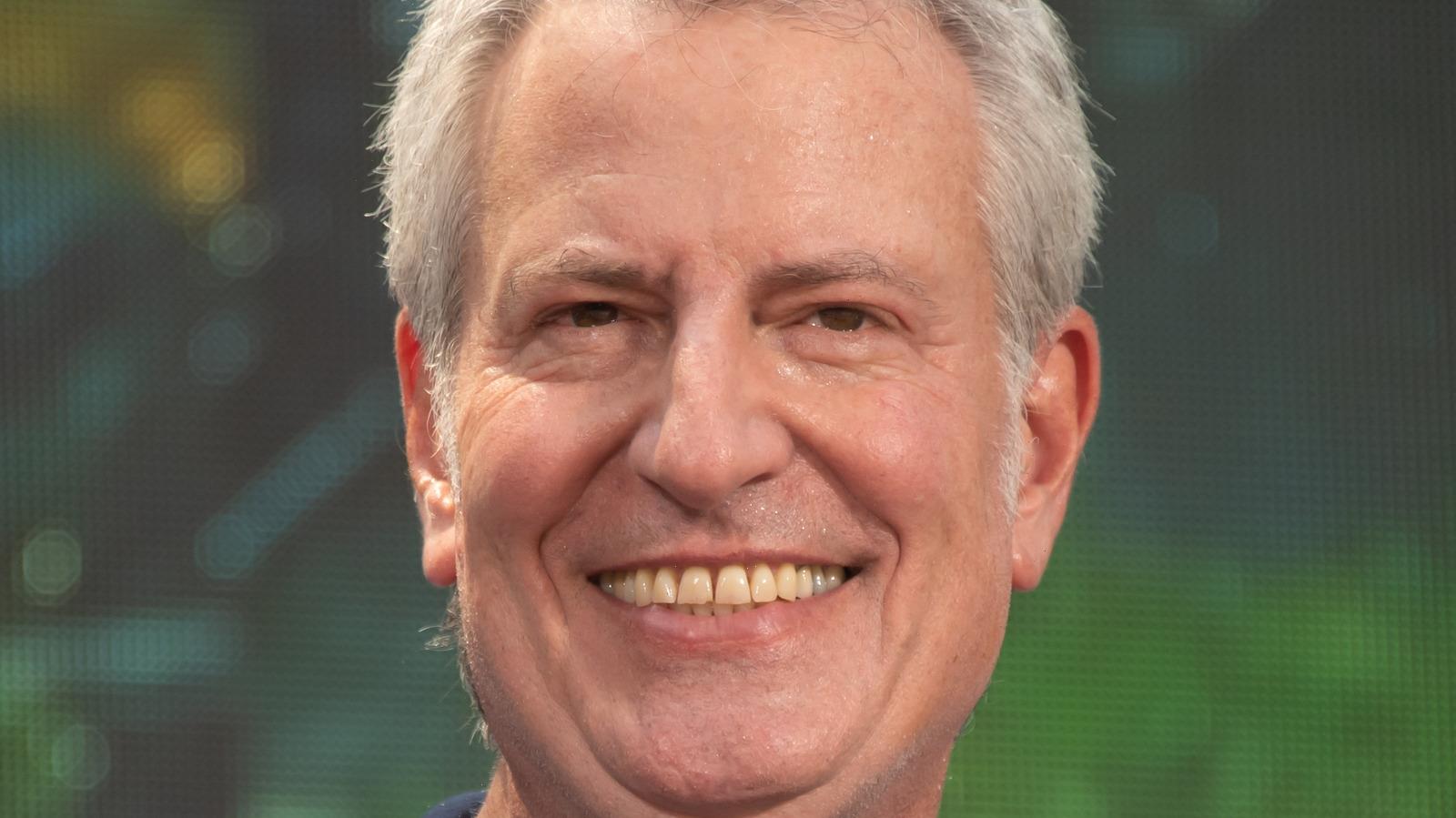THE US and Russia are growing increasingly suspicious of each other’s military activity in the Arctic as tensions between Moscow and Washington reach an "unprecedented" level, according to an expert.
The Arctic is an essential part of Moscow's plans to remain a great power while Alaskan oil and gas supplies benefit the US enormously.
But, suspicion among officials in both countries is "growing" as each side carries out "war games" in the region.
Pavel Devyatkin, of The Arctic Institute, told The Sun: "2020 was an unprecedented year in US-Russia tensions in the Arctic.
"For the first time since the Cold War, Nato warships entered the Barents Sea just off Russia’s Arctic coast.
"And, a few months later, the Russian Navy conducted military exercises near Alaska, surprising American fisherman."
The expert warned that so-called war games are alarming as the Arctic region has not seen an interstate conflict since World War II.
Tensions could ramp up even further as satellite images obtained by CNN showcase Russia’s military might.
It’s reported that Russia is planning to deploy the Poseidon 2M39 missile to the region next summer and there are fears that the missile could trigger a radioactive tsunami.
More tests are expected to take place throughout the rest of the year.
Meanwhile, American B-1 bombers are stationed in Norway having completed missions around the "sensitive" Barents region.
Moscow is highly protective of the region as it was twice invaded by the West during the 20th century – once during the Russian Civil War and later by the Nazis.
US 2nd Fleet Commander Vice Admiral Andrew Lewis said the Arctic would be “contested” if Washington failed to have a presence, according to the Navy Times.
He warned that America could "cede the space to the Russians or somebody else."
'ESCALATING TENSIONS'
It’s reported that more Russian aircraft flew near US airspace off Alaska last year than at the end of the Cold War.
Eric Edelman, an expert on military planning and a former defense undersecretary, told CNN: “Russia and China’s military modernization creates serious potential operational challenges for the US.”
Russia’s military presence in the Arctic region consists of three main goals, according to the expert.
Moscow is determined to protect its sovereignty, secure its economic interests, and prove to rivals that it can still be considered a great power.
Devyatkin said: “Compared to the Cold War era, Russia’s military posturing in the Arctic is not focused on matching Nato’s overwhelming military presence in the region.
“Russia doesn’t threaten the US in the Arctic.”
This is despite Moscow's claims that it has successfully tested a hypersonic missile that is apparently capable of evading all Western defenses.
Officials launched the Zircon missile from a frigate stationed in the White Sea – located off the northwest coast of Russia.
'RUSSIAN WAR GAMES'
Vladimir Putin has reportedly identified the weapon to wipe out coastal American cities in the event of a nuclear conflict.
The strongman declared the weapon “unstoppable” as officials boasted it is “truly unparalleled in the world."
And, Putin set up a remote subzero military base to further demonstrate Moscow’s military might.
The Nagurskoye military airbase is heaving with missiles and radar while its extended runway is ready to fly nuclear-capable strategic bombers.
It was built amid spiraling tensions with the West following the 2014 annexation of Crimea.
Russian Foreign Minister Sergey Lavrov said: “We hear whining about Russia expanding its military activities in the Arctic.
“But everyone knows that it’s our territory, our land. We bear responsibility for the Arctic coast to be safe and everything our country does there is fully legitimate.”
Despite the growing militarization in the region, Devyatkin doesn't believe a war between Russia and the US is likely to erupt.
He said: "It's unlikely that conflict would break out in the Arctic."
The expert also said that a future conflict wouldn't be caused by changes in the Arctic region such as thawing permafrost and melting ice.
He said that Washington and Moscow can co-operate on climate change as the US and Russia looked set to work on hydrocarbon extraction projects before Ukrainian-related sanctions were imposed.
Devyatkin said: "Washington’s focus on climate may bring together rather than divide Arctic nations – especially after Putin and Biden agreed to work together on addressing the climate crisis."
Source: Read Full Article








